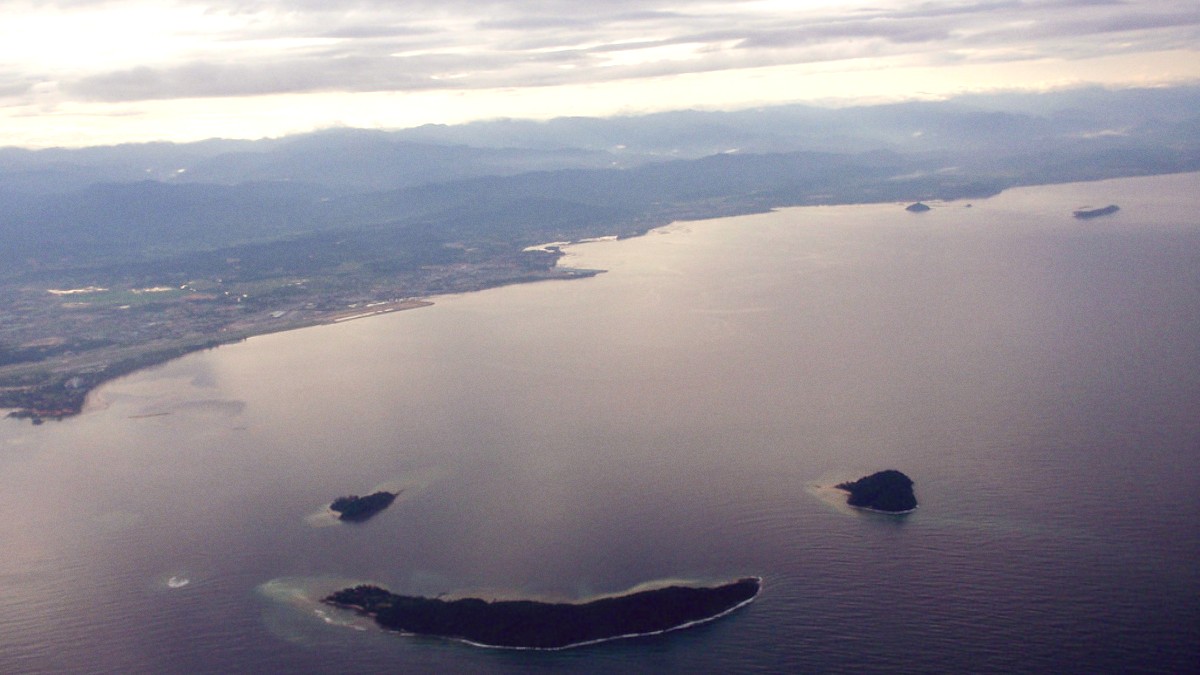
Malaysian Borneo Sabah, Malaysia
Major mobile providers include Maxis (Hotlink), Celcom, Digi, and U Mobile. All include good coverage in urban areas. Purchase SIM cards at Kota Kinabalu International Airport (BKI), shopping malls (Imago, Suria Sabah), and dedicated provider stores. Passport for registration is necessary.
Wi-Fi is widely available and reliable in hotels, guesthouses, cafes, restaurants, and shopping malls. Many places include free Wi-Fi for customers. Some public Wi-Fi hotspots also exist.
Bahasa Malaysia is the official language. English is widely spoken in tourist areas, hotels, major restaurants, and by many younger Malaysians. Most signs are bilingual (Malay/English).
Learning a few basic phrases shows respect and upgrades interactions.
Local SIM cards are easy to obtain. Wi-Fi is generally available.
Typical operating hours help plan activities.
Shopping Malls generally open 10:00 AM to 10:00 PM, daily. Local eateries open early. Restaurants open for lunch and dinner.
Banks generally open Monday to Friday, 9:30 AM to 4:30 PM. Some branches in malls have extended hours or open on Saturdays.
Malaysia observes numerous public holidays, including religious festivals, national, and state-specific holidays. Tourist attractions and malls remain open but can be very crowded.
ATMs are available 24/7 at banks, shopping malls, and convenience stores.
Seasonal closures are uncommon for tourist-focused businesses. Some smaller, family-run eateries may close for extended periods during major festive seasons (e.g., Chinese New Year, Eid al-Fitr).
Check the public holiday calendar for Sabah before your trip to avoid closures or crowds. Consider Priority Pass for airport lounge access during busy travel periods. Compensair can assist with flight disruption claims.
Interact respectfully with local communities.
Polite smiles and verbal greetings ("Selamat pagi/petang/malam") are appropriate. Handshakes are common among men. Offer a handshake to women only if extended first by a local woman. A gentle nod or placing a hand on the heart after a handshake is customary.
Modest dress is appreciated, especially outside tourist areas. Shoulders and knees covered are respectful. For religious sites, dress conservatively. Remove shoes before entering a Malaysian home. Follow the lead of your hosts.
Taking photos of landmarks is fine. Always ask for permission before taking photos of individuals, especially in rural areas or if they are in traditional attire. A simple gesture and "boleh?" (can?) often works.
Do not touch people's heads (considered sacred). Do not point with your feet or show the soles of your feet to anyone, as feet are considered unclean. Keep public displays of affection to a minimum.
Embrace local customs and show respect for traditions. This helps foster positive interactions.
For travelers with mobility needs, planning is important.
Accessibility infrastructure is generally limited in Kota Kinabalu.
Some major attractions might have limited accessibility. Checking with specific venues beforehand is good.
Limited specialized services exist. English is widely spoken.
Expect uneven pavements in older areas. Mari Mari Cultural Village involves walking over uneven terrain and through traditional houses that may have steps.
Confirm specific accessibility details with venues and operators before your visit.